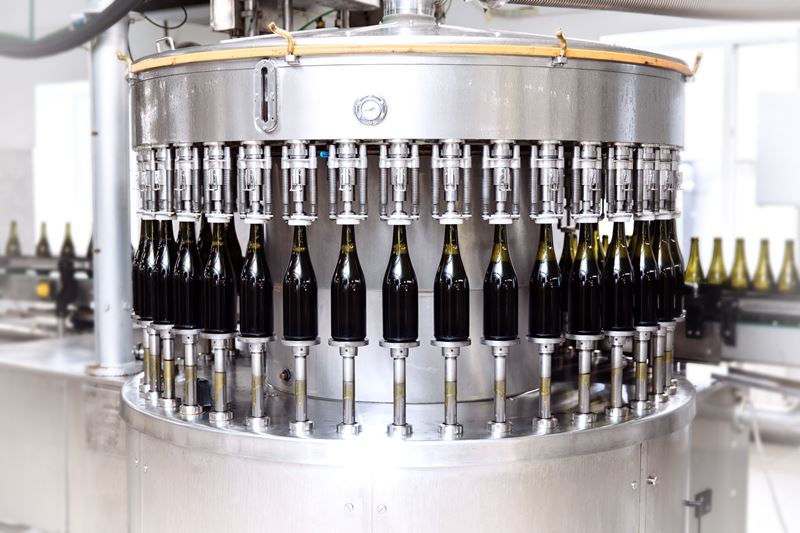What will future wineries be like?
How the technological revolution at the beginning of the 21st century will transform the wineries of the future
2024-01-24

As we stand on the brink of a new era, the wine industry, steeped in tradition and artistry, is poised for a transformative leap into the future. This article explores the technological revolution that is reshaping wineries, promising to redefine the way wine is produced, stored, and aged.
Advancements in Viticulture and Winemaking
The future winery begins in the vineyard. Biotecnology is at the forefront, developing grape varieties that are not only more resilient to diseases and extreme climate variations but also capable of enhancing specific flavors and aromas. This innovation is particularly crucial in the context of climate change. Genetic engineering, far from being a mere adjustment, offers a radical transformation, allowing adaptation to challenging environmental conditions and crafting entirely new and personalized wine profiles.
In the winemaking process, automation and artificial intelligence (AI) are set to play pivotal roles. Future wineries will be equipped with advanced systems capable of precisely monitoring and adjusting every aspect of the winemaking process, from fermentation to aging. Ultra-sensitive sensors will provide real-time analysis of the wine's chemical composition, enabling precise adjustments to ensure consistent and optimal quality. Human involvement will shift towards overseeing these parameters and reviewing the final product.
Emerging Technologies in Preservation and Aging
The aging of wine will undergo a revolution through nanotechnology, allowing control over the wine's interaction with oxygen at a molecular level, ensuring perfect and controlled maturation. Additionally, advanced technologies in barrel manipulation will replicate the characteristics of various woods, broadening the palette of flavors and textures available to winemakers.
Wine preservation will also benefit from intelligent storage systems. Using AI algorithms, these systems will optimize conditions like temperature, humidity, and light for each wine type, adapting to their specific needs during evolution.
Integration of Sustainable Technologies
Sustainability will be a cornerstone of future wineries. The integration of green technologies like solar panels, water recycling systems, and renewable energy production methods will become standard. These practices will not only reduce the carbon footprint of wineries but also optimize the use of natural resources, a crucial consideration in a world grappling with scarcity and climate change.
Enhancing the Consumer Experience
The future winery will revolutionize consumer interaction. Wineries will offer immersive experiences using virtual and augmented reality, allowing visitors to virtually explore vineyards worldwide and gain a deeper understanding of the winemaking process. Personalization will be another key feature, enabling consumers to participate in creating wines to their taste, adjusting elements like sweetness, acidity, aromas, and body through interactive interfaces.
Connectivity and Big Data
Data interconnectivity will be central in future wineries. Intelligent analysis of big data will provide deeper insights into consumer preferences and market trends, allowing for more demand-oriented production and effective marketing strategies. Moreover, wine traceability will be maximized, offering consumers detailed information about the origin, production, and authenticity of each bottle.
The wineries of the future will be spaces where the age-old traditions of wine intertwine with cutting-edge technologies. Innovation will not only enhance the quality and diversity of wines but also ensure more sustainable practices and a deeper connection with consumers. This landscape foretells an exciting future for the wine industry, where the fusion of science, technology, and art opens new frontiers in the winemaking experience.
Founded in 2007, Vinetur® is a registered trademark of VGSC S.L. with a long history in the wine industry.
VGSC, S.L. with VAT number B70255591 is a spanish company legally registered in the Commercial Register of the city of Santiago de Compostela, with registration number: Bulletin 181, Reference 356049 in Volume 13, Page 107, Section 6, Sheet 45028, Entry 2.
Email: [email protected]
Headquarters and offices located in Vilagarcia de Arousa, Spain.